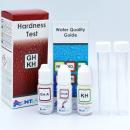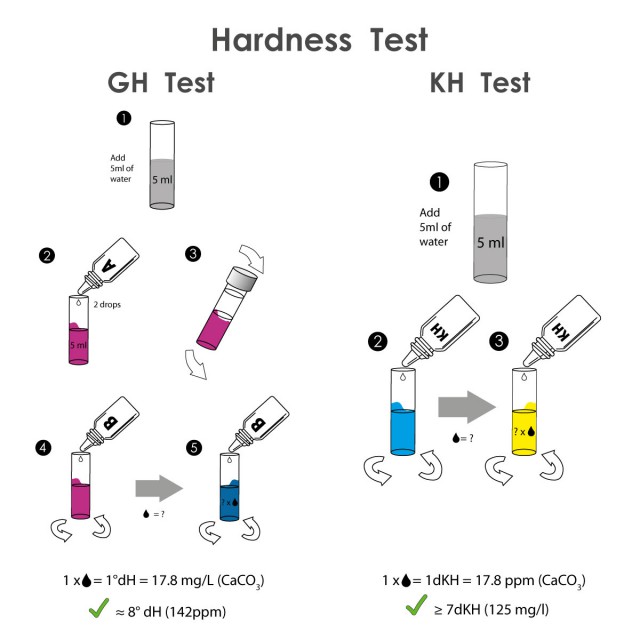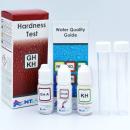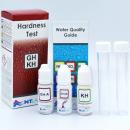NT Labs Aquarium Lab - Hardness Test
NT Labs Aquarium Lab - Hardness Test
check_circle Fast Shipping
check_circle Quality Products
check_circle Affordable Price
Reach out to us on ''available to order'' items via WhatsApp or email
Low stock: 1 left
Couldn't load pickup availability

NT Labs Aquarium Lab - Hardness Test
package_2
Product Description
Product Description
What is KH?
KH, also known as Total Alkalinity or Carbonate Hardness is a measure of the buffering capacity of the water in your aquarium. The buffering capacity refers to how well the aquarium can resist changes in pH.
Why test for KH? Established aquariums tend to acidify over time. This decrease in pH is due to the natural release of organic acids by the fish and the release of acidic substances by the beneficial bacteria in the aquarium and filters. The buffer in the aquarium counteracts this change by effectively ‘mopping up’ these acids preventing the natural drop in pH. If the aquarium was allowed to drop in pH the fish would become very sick. Aquariums with excessive algae can show large pH fluctuations on a daily basis. This change is prevented if there is a sufficient KH. It is important to regularly check and maintain the KH as it will eventually run out.
What do I do if the KH level is wrong?
Check the KH level of your tap water. If the level is above 6°dH then regular water changes should keep the KH value in the aquarium topped up at a reasonable level. If the KH value is below 6°dH then perform water changes.
What is GH?
General Hardness is a measure of the sum total of minerals dissolved in the water. Water can be either ‘soft’ or ‘hard’ depending on the amount of dissolved minerals, (the more minerals the greater the hardness).
Why test for GH?
The dissolved minerals that make up the hardness of the water are all essential for the biological processes that occur in the aquarium. If the hardness is too low then these process cannot function sufficiently, and the aquarium will begin to stagnate. Regular testing is essential, as the GH will decrease as these minerals are used up by the aquarium life.
What do I do if the GH level is wrong?
Test the GH of your tap water. If it is above 8°dH then regular water changes should ensure the GH is topped up. If the GH value is low then it is vital to check the pH and KH of the water as well.
FAQs:
Q: Why do I run out of 1 reagent before the other(s)? A: NT Labs fill their test kit reagent bottles to a minimum amount before they are put through a vigorous QC regime. This means that the vast majority of bottles will in fact be overfilled by varying amounts meaning that the reagents may well run out at different rates but you should be able to carry out at least the number of tests stated on the packaging.



